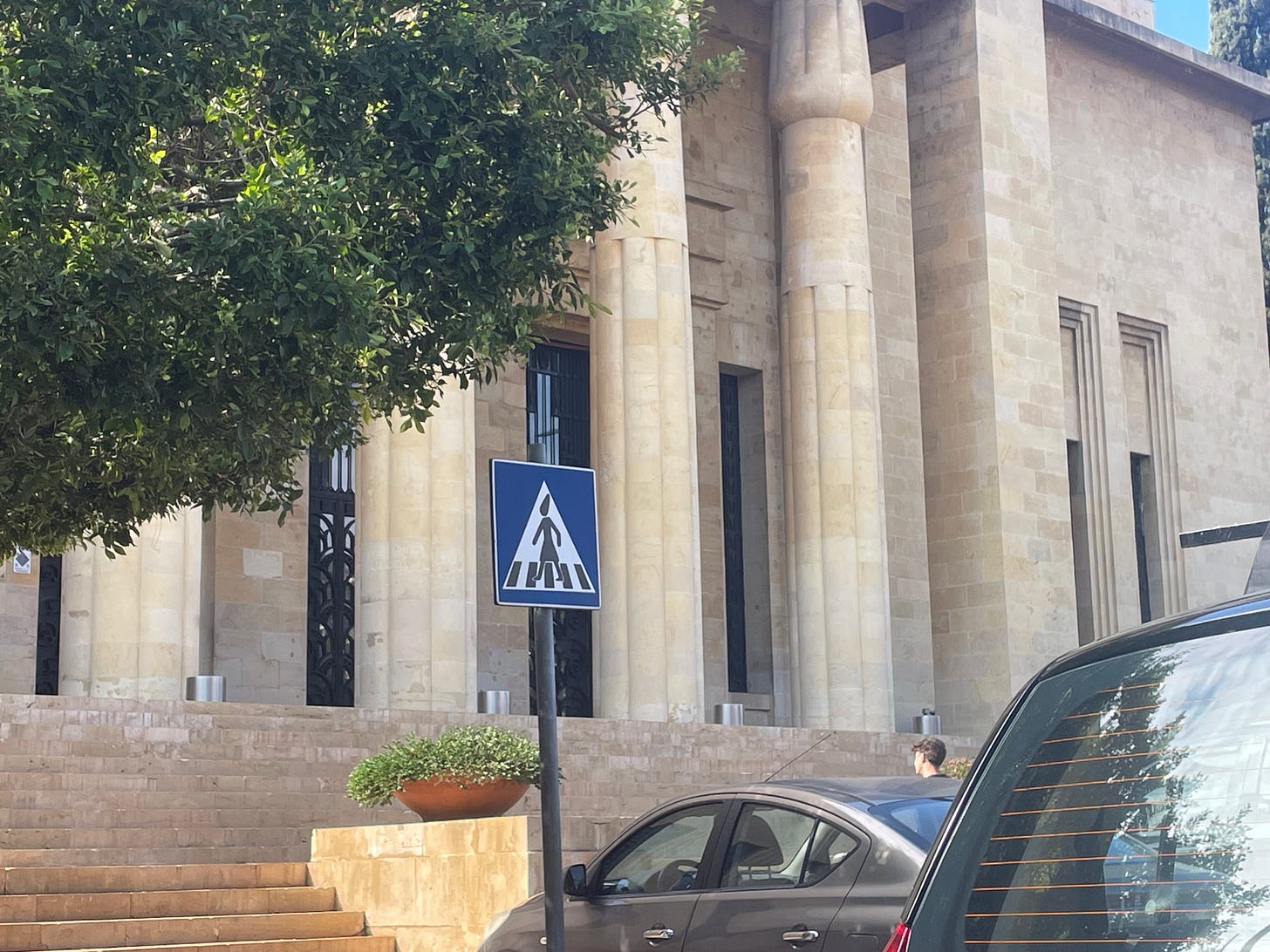November 2024: Diary of Jane
Breaking Benjamin Netanyahu
When people would refer to “the war,” they meant the civil war of the 1970s but now it’s used in the present tense. When it comes out of my mouth, I don’t believe it. We are living through a war? We are living through a war.
We have entered the next phase where we do that thing us Lebanese are …




